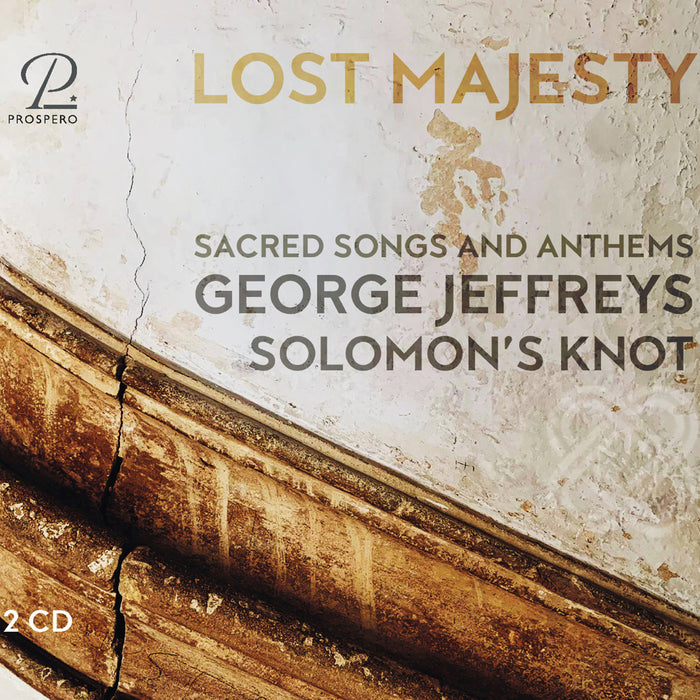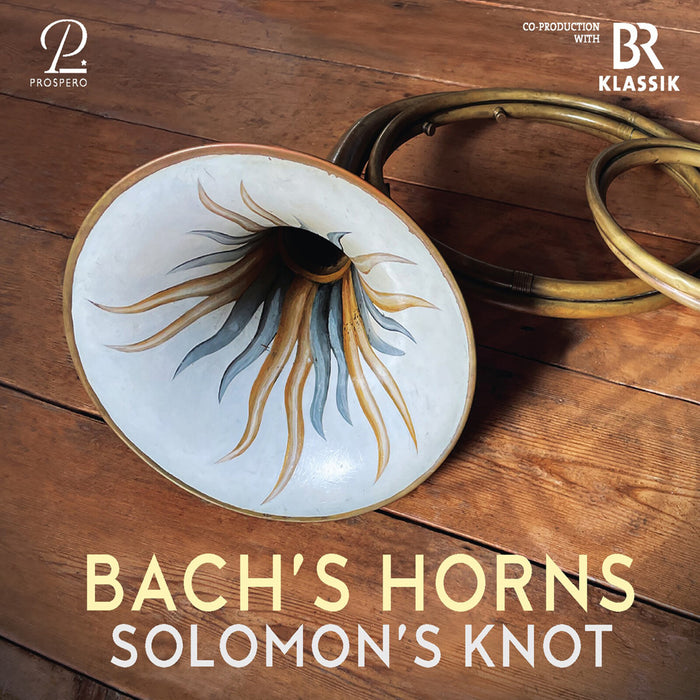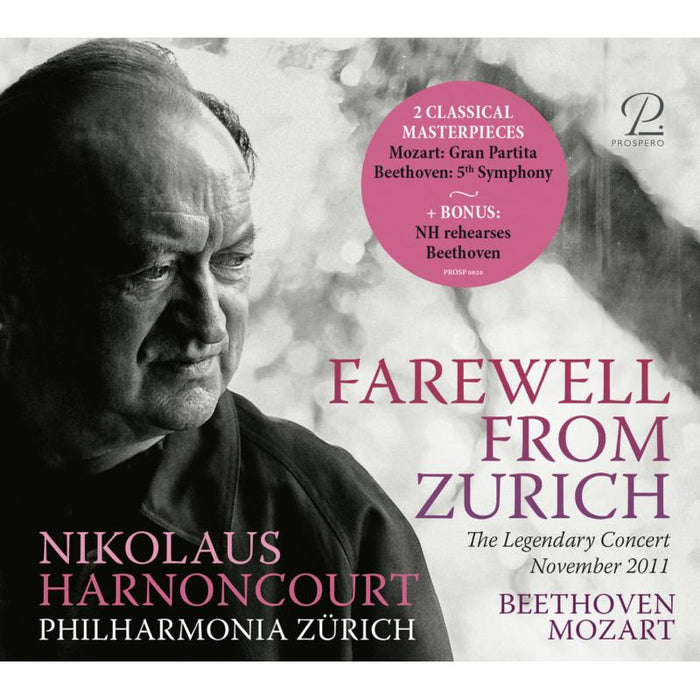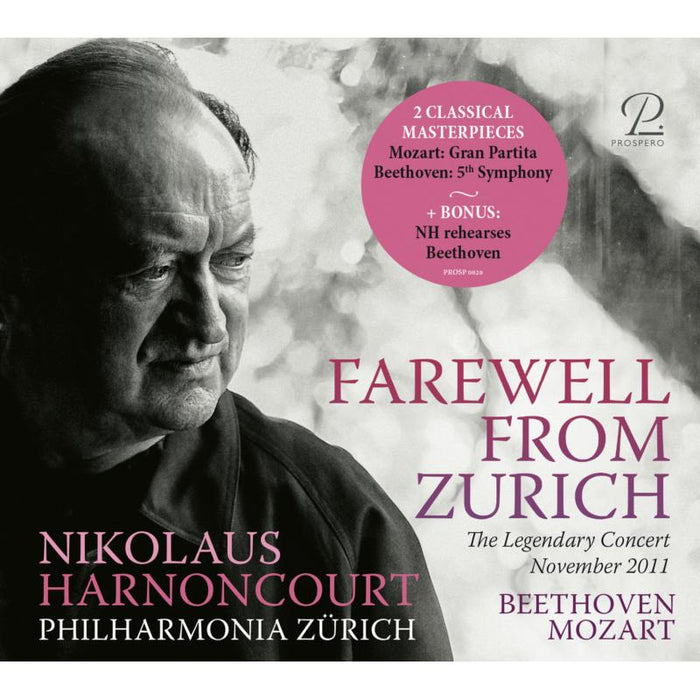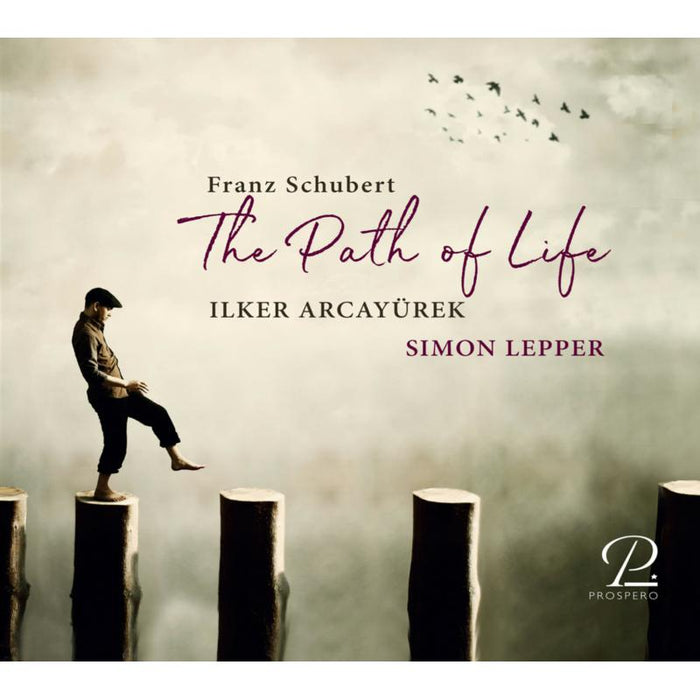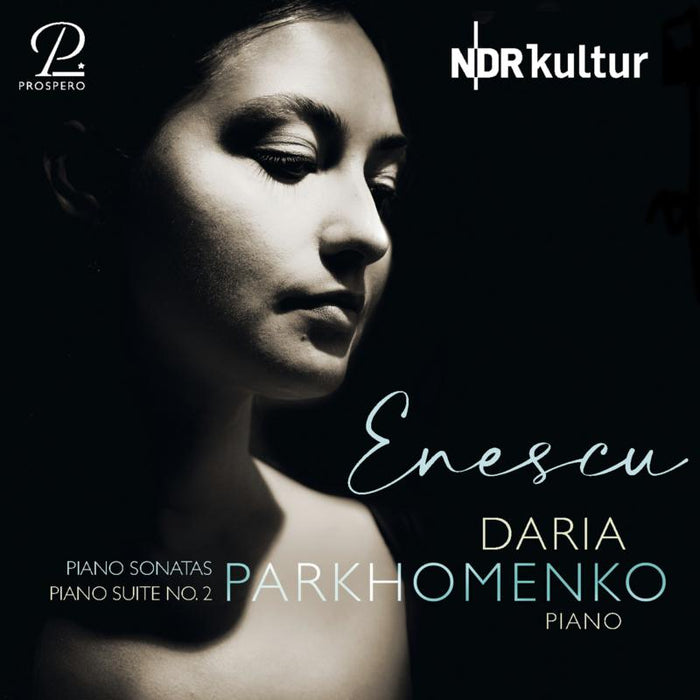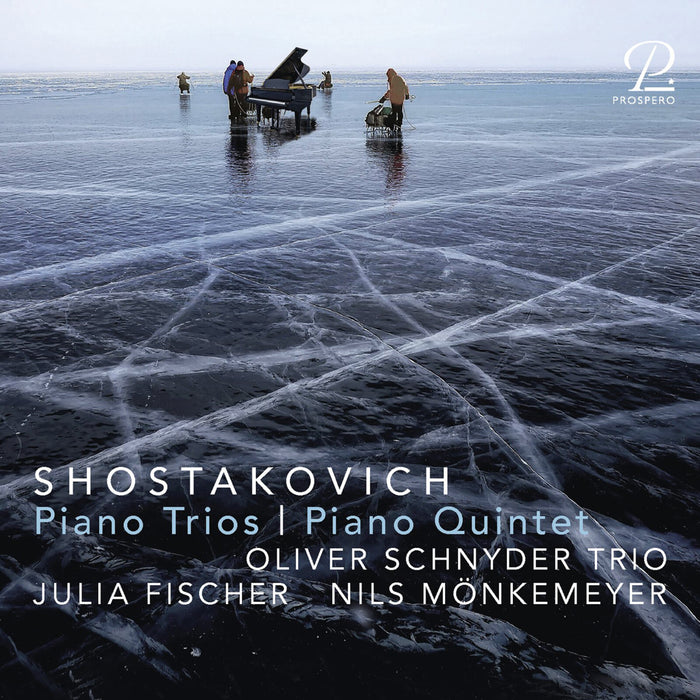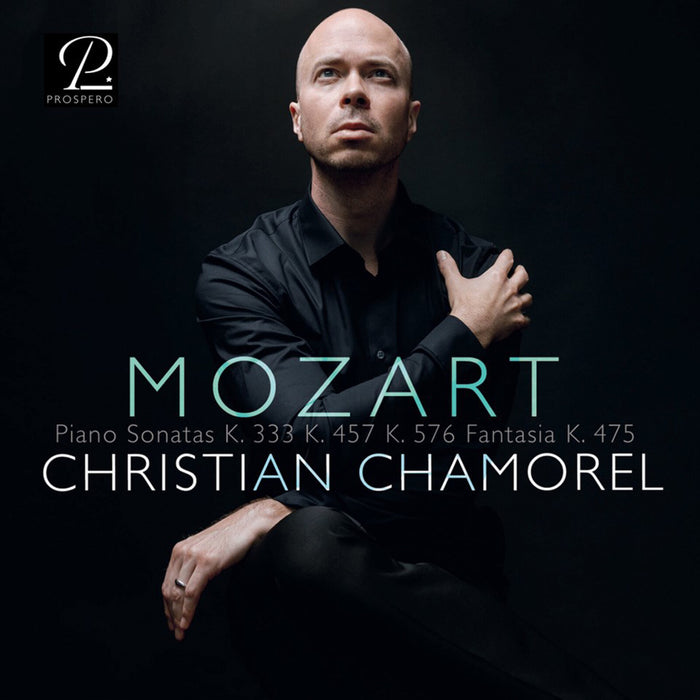Description
Gunter Raphael (1903-1960) grew up in a time characterised by late Romanticism and the transitional phases to New Music.
His musical education and early creative period were influenced by the tradition of Romantic music. The melodies, harmony, and expressive depth of his works are often reminiscent of the late 19th century, especially the music of composers such as Johannes Brahms and Max Reger.
In the 1920s, however, as modern music became increasingly prevalent, Raphael found his own musical path, which was, on the one hand, rooted in tradition, but, on the other, also integrated the developments of the time into his works.
His Symphony No 1, composed in 1940, is characterised by its melodic richness and expressive depth, which is strongly influenced by the late Romantic tradition. The masterful orchestration and the dramatic, almost poignant
character of the music, which is wonderfully expressed in the interpretation by the ORF Vienna Radio Symphony Orchestra under the direction of Fabian Enders, is particularly noteworthy.
Although it was composed during the National Socialist era, it does not reflect any ideological instrumentalisation, but rather shows an artistic expression that is characterised by human feeling and inner reflection. Its harmonies are rich and complex without drifting into the radical modernism of the time, making the symphony a unique work in the context of 20th century music.


